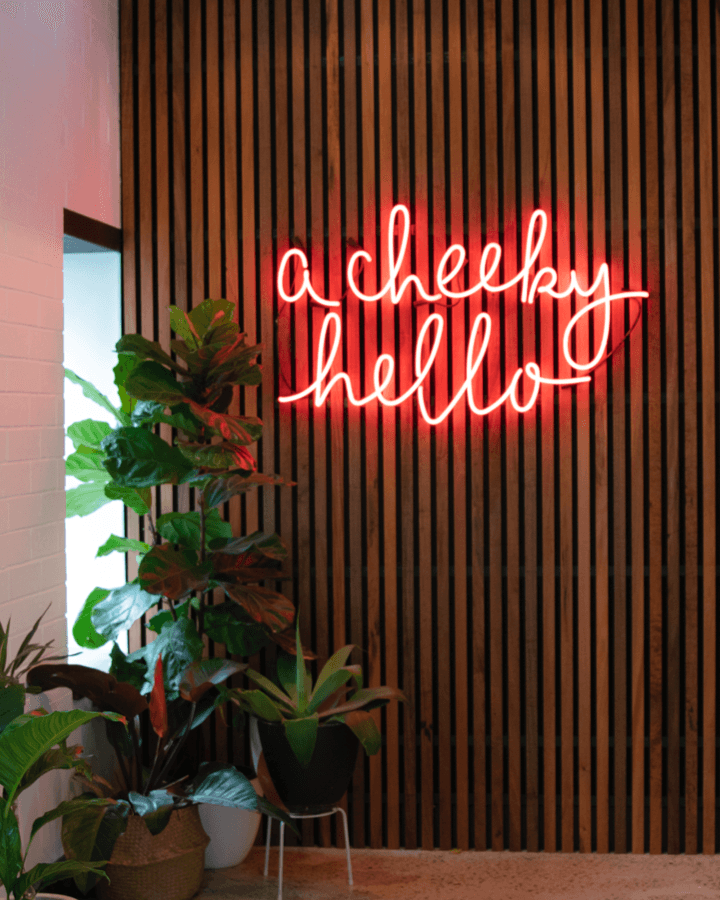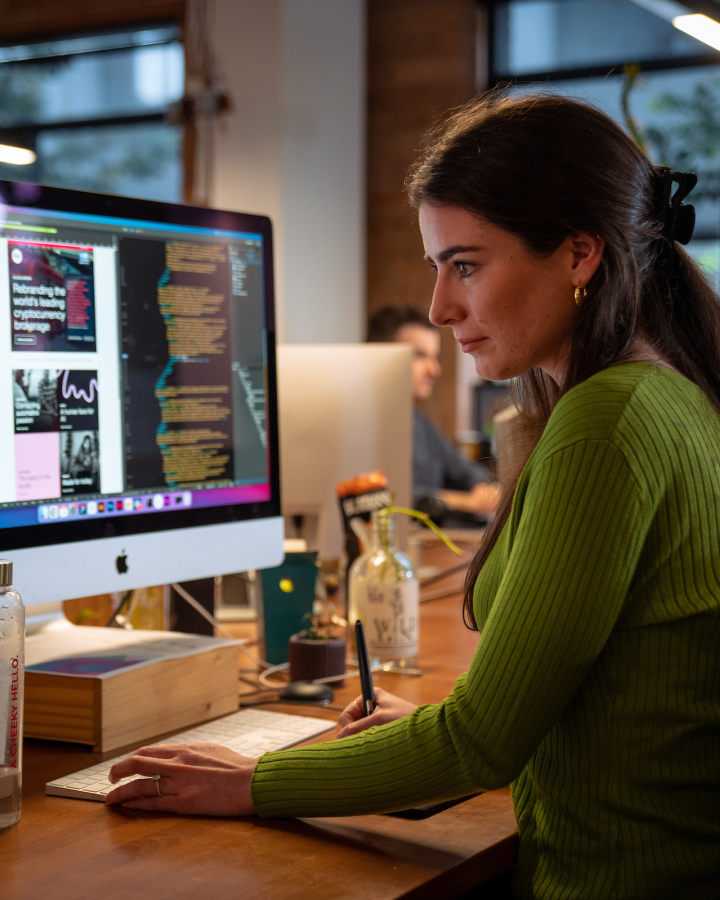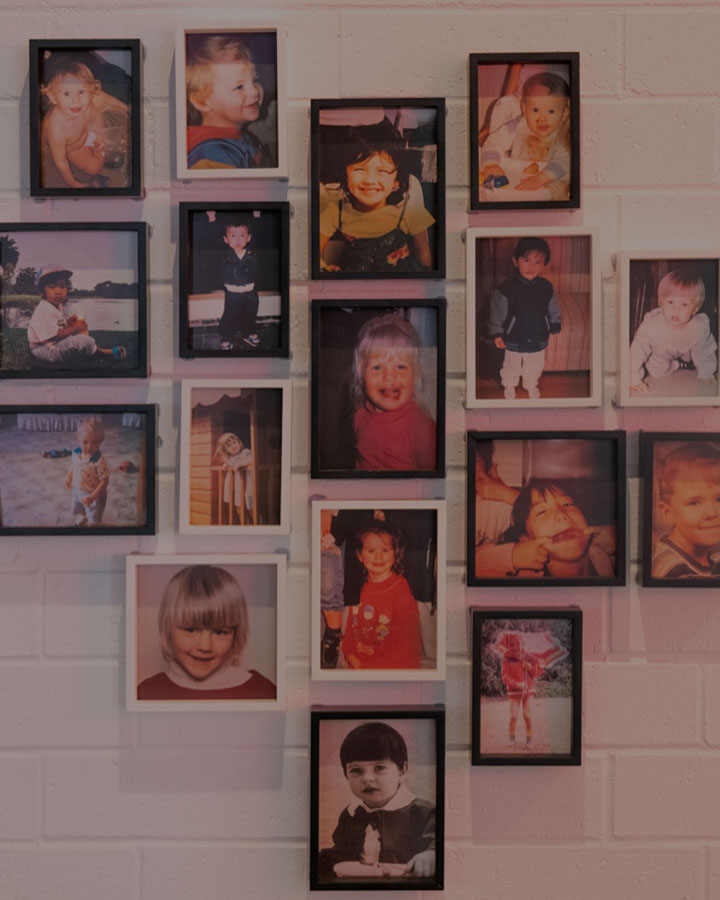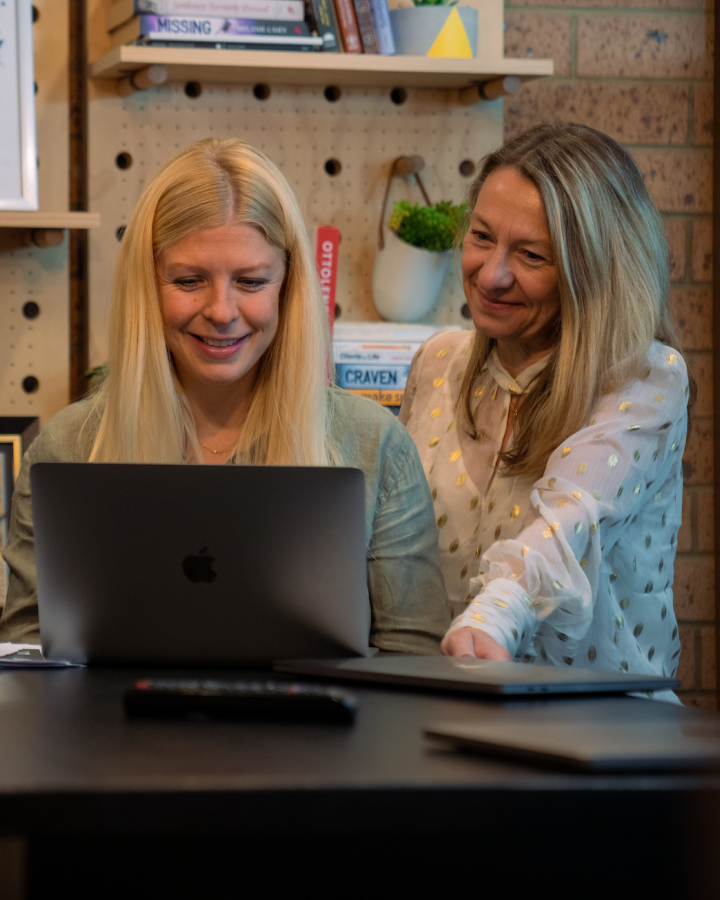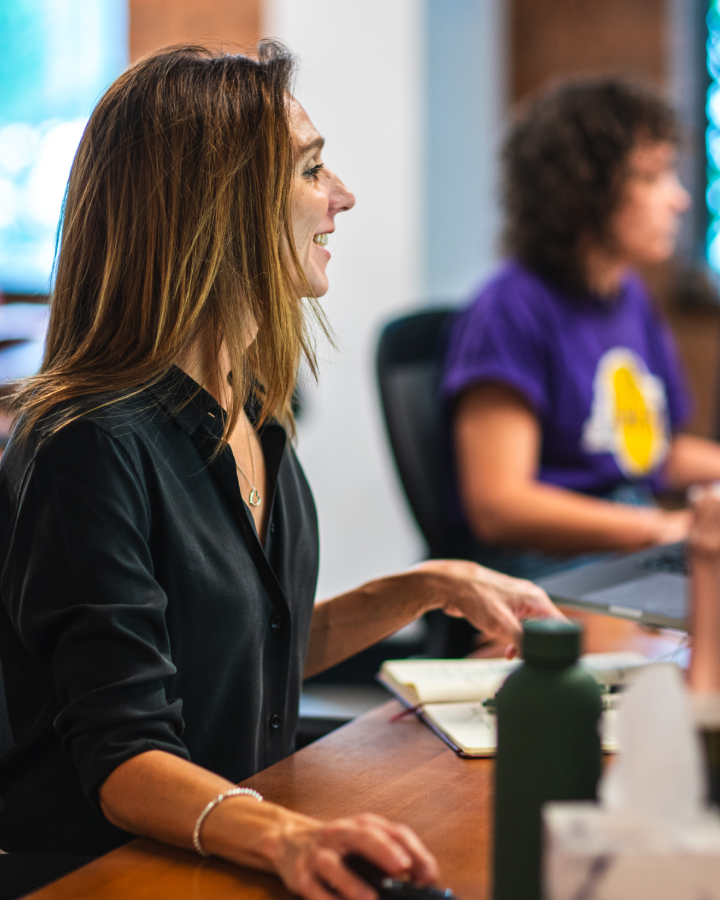I don’t think anyone joins a company thinking that it’s going to be a ‘meaningless’ place to work. In fact, I’d hazard a guess that if they did think that, they wouldn’t join that company at all. And yet, I think a lot of people know upon joining a workplace, that it’s not quite what they thought they’d signed up to.
It’s not exactly a meaningful place to work.
So what has happened to our workplaces? Are we right to expect where we work to be a ‘meaningful’ experience? And to that end, what makes a ‘meaningful’ place to work? Well, here’s my experience.
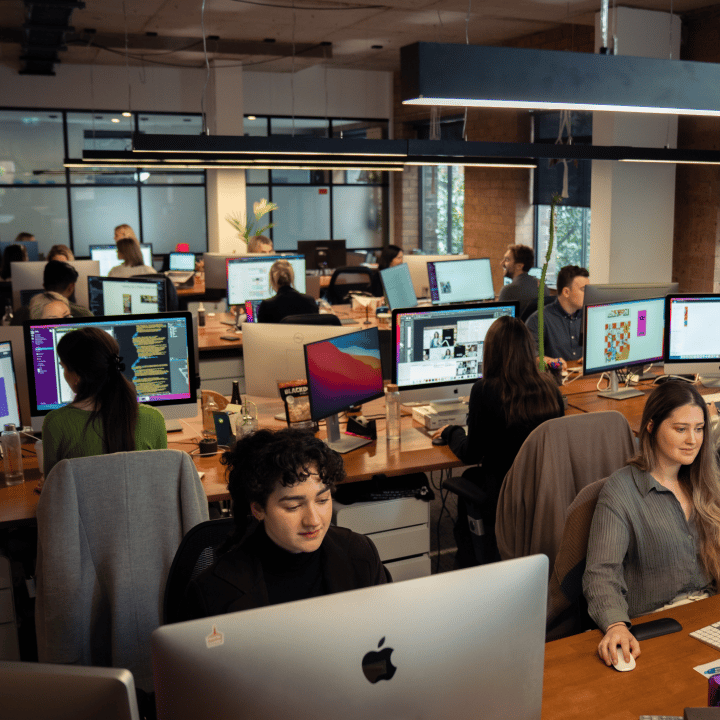
Creating somewhere meaningful to work
Eight years ago, my friend, and now business partner, Tris and I set out to start a content agency, one to fill the gap in the market. Brands were talking about content, and yet nobody was calling themselves a content agency; enter Chello.
We’ve largely followed our noses and created a place we thought we would like to work; one with friendly people, exciting brands, ambitious clients, and an office with all the trimmings. After all, who needs an employee value proposition when you have pastries and a dart board?
And it was going well.
Until three years ago.
We hit a ceiling.
And we weren’t sure why.
We offered all the cool things, had a variety of meaty projects and were humming along, without challenging ourselves to be a meaningful place to work. We needed to uncap the potential. We started to see organisations change the way they were structured, change the way they produced and delivered content, heck even the iPhones were becoming so good internal teams didn’t need camera crews and production teams.
“Hitting a ceiling”
We knew something had to change. We realised that we could no longer follow our noses. We had to democratise the decision making, and restructure the business to think bigger – much bigger. And so we decided to move up the chain of marketing command and do more in the brand strategy space, working through the ‘why’ and ‘what’ brands stand for. And it changed the work. We stopped thinking purely about the executions, and started to think about the role that content played in the world. Suddenly our work was becoming more meaningful. And this caused us to look inwards, beyond our ‘how’. As I said, we had been busily humming along, creating output, and playing darts, that we hadn’t stopped to think about what meaning our workplace was adding to the wider Chello team.
Palgrave MacMillan says when the work is perceived as meaningful, people have a sense of fulfilment and purpose that provides a psychological sense of well-being. This experience of meaningful work and well-being then spills over into the other life arenas, contributing to the overall sense of an individual’s purpose.
So when we stopped and considered the responsibility creating a meaningful workplace carries, we realised that at Chello, what creates a meaningful workplace is not just cool projects, trendy people or the four walls (although they go a long way to enjoying your work days), but that it’s much higher up on Maslow’s heirarchy of (workplace) needs. People want empowerment, connection, a purpose for getting out of bed, and to feel the tangible change they create. And this, in turn, (should) spill out into other areas of their lives. So we restructured our business entirely. And it wasn’t easy. We needed support, and help to create the meaningful workplace we were now focused on.


Processes and structure promote clarity
We investigated and invested into an operating system for our business; one where issues are flushed out each week or escalated to management, one where our people are empowered and responsible for implementing new processes, ways of working, and improving the way things have been done in the past. We’ve opened our books, shared more than we thought was possible in a business setting, and you know the best part? Our people love it. It’s the method behind the madness, the strategy behind the growth, the impact behind the cool creative work.
In 2020, as we were entering a global pandemic, everyone, inside and outside of our organisation was wondering if their roles were safe. People were searching for psychological safety – so we lent into our new culture.
Instead of closing up, we shared. We shared with everyone of our staff throughout the pandemic that we would not keep any bad news from them. As soon as we had news, or an update, we’d share it. Some sage advice from my wonderful mentor Kath Blackham at VERSA. Our people came to rely on us to share information as we had it, and boy! At times was it bad, at times it wasn’t easy. But it was meaningful.
People leaving, projects being cancelled, COVID striking people in all sorts of ways. And we got through it, stronger than ever. An all company ‘action plan’ put people to work, even in a junior role, everyone knew how they could most effectively support the broader business. We shared our numbers, the focus areas and promised to keep our people in the business as a first priority.
And while we’ve made great strides, we’re nowhere near perfect. The list of things to improve on is long. But one thing I have realised in the last two years is that creating a meaningful place to work takes investment, trust and sometimes as a leader, letting go.
We’ve seen the team grow, profitability soar and people become more engaged than ever. And now the tables have turned, with unemployment rates the lowest they have ever been, the power is in the hands of the employee, they get to choose what matters most.
Done in the right way, creating a meaningful workplace is its own future success. And surely, creating a meaningful place to work is the employee value proposition most businesses want to shine through. Summed up nicely in the words of our newest Senior Copywriter, Charlie “I have found that everything I was told in the interview process has been true.”
